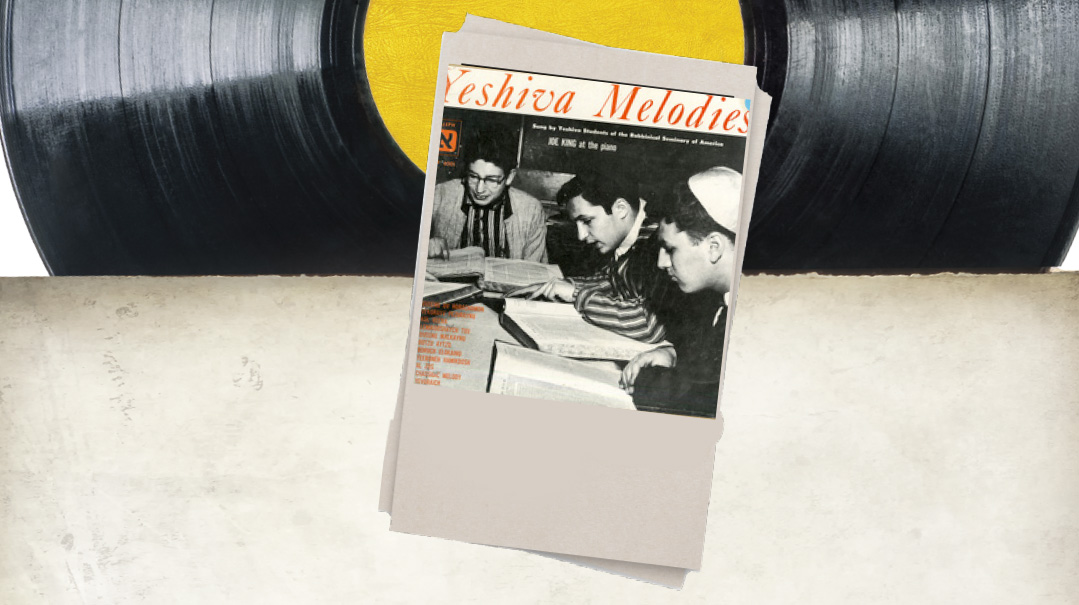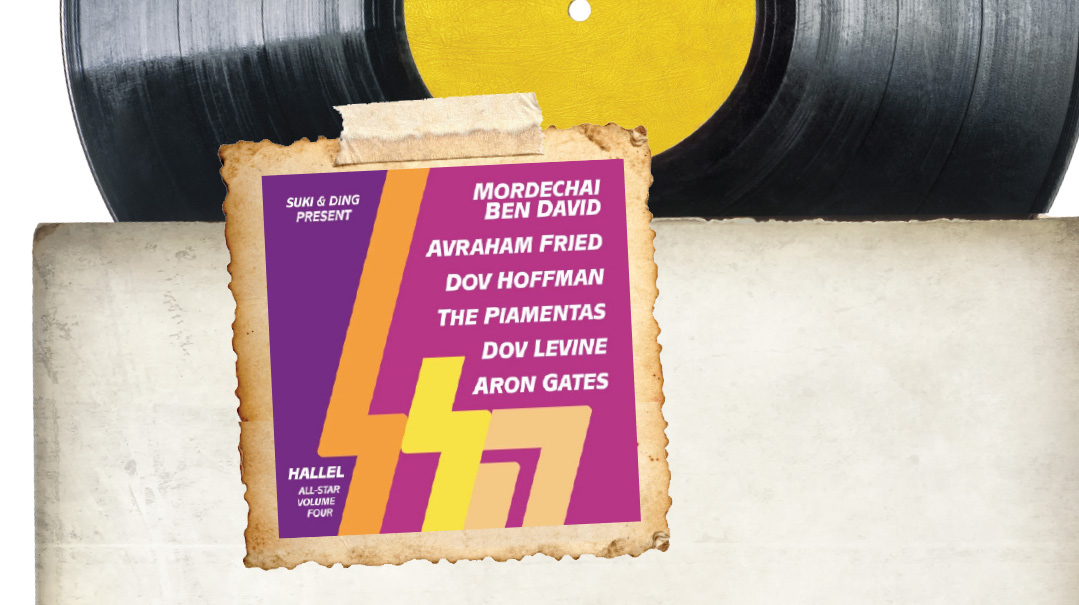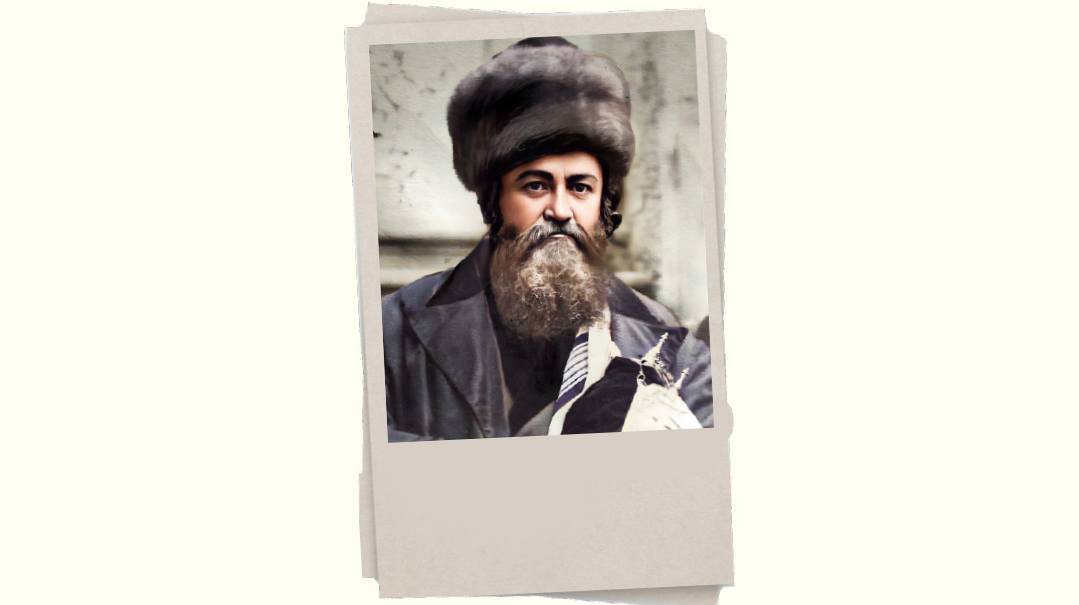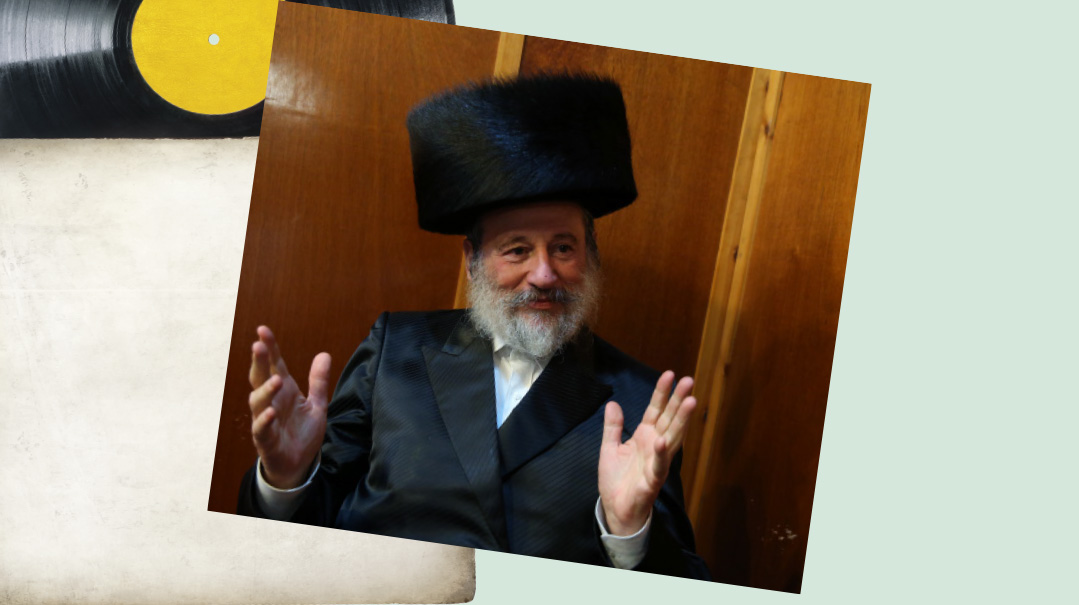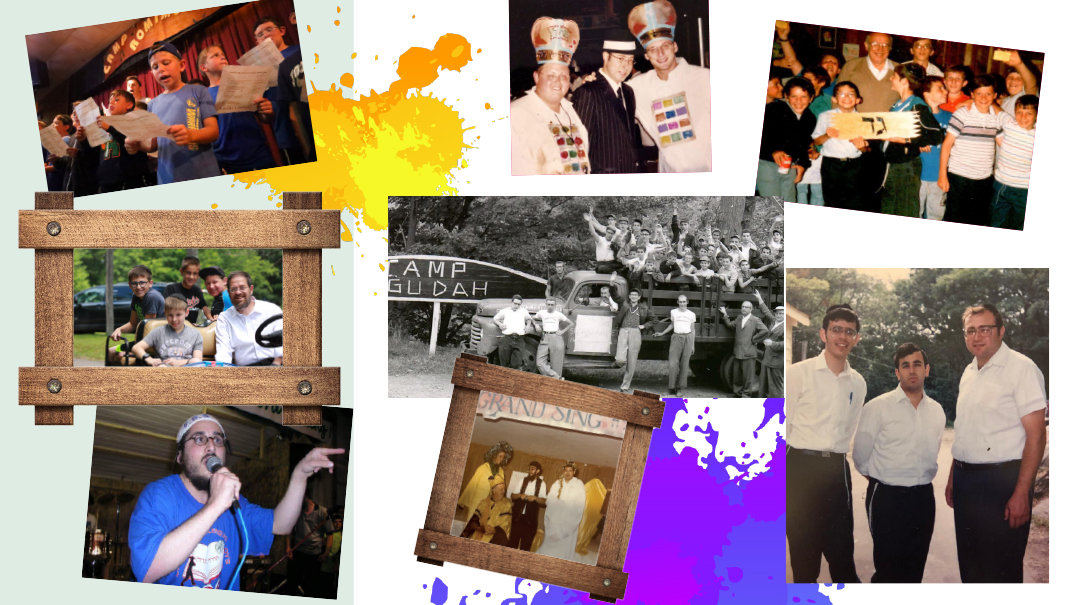What’s It Worth?

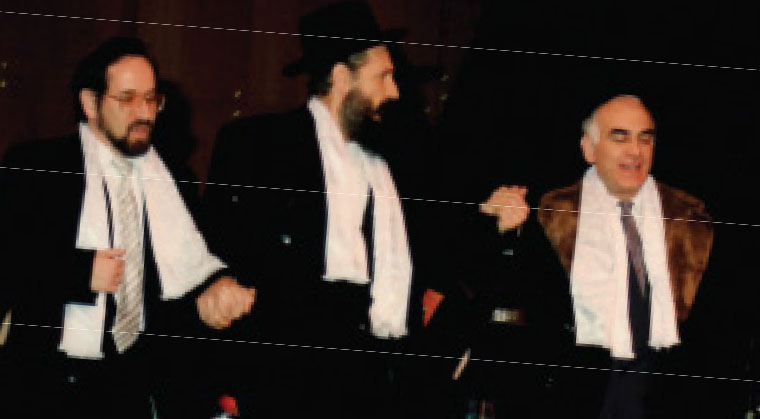
M
ost of the songs that we sing at weddings, at our Shabbos tables, and in camps have been composed in the last half century. I sometimes wonder, though, what about all the songs that were composed decades and centuries before? Who were the composers of the tunes our great-grandparents sang? What was the most popular wedding song in the time of the Vilna Gaon?
There are certain songs that evoke specific emotions within us. As soon as we hear the famous “Shoshanas Yaakov,” we can’t help but get into the Purim spirit. When the orchestra begins “Od Yishamah” at a wedding, our hearts swell with joy. But does anyone have an idea who composed the ageless tune to “Dayeinu,” a niggun so much a part of our lives that even unaffiliated Jews couldn’t imagine Pesach without?
Here’s one story about how a famous “oldie” came to its long-enduring popularity. Back in 1978, I was learning in yeshivah in Jerusalem, where I sat about five rows behind Suki in the beis medrash. It was night seder on a winter Motzaei Shabbos, and Suki turned around to me (in the pretty empty beis medrash) and said, “Do you know the song they were singing at Shalosh Seudos?” He began humming the now-famous “Vechol Ma’aminim,” but I told him I hadn’t made it to Shalosh Seudos, and I had no idea what song he was humming. He told me it was an amazing tune and that he already had a harmony in mind for it. When night seder was over, somebody told us that Mordechai Ben David was doing a Motzaei Shabbos concert in Binyanei Haumah, so we hopped into a cab, went to the backstage door and knocked. To our surprise, Mordechai himself opened the door. He was standing there alone, waiting for the opening act to finish, and there was a piano right there, backstage. Suki sat down and started playing the song that he had just heard a few hours earlier. MBD loved the song, said it would be perfect for the album of Rosh Hashanah songs he was about to release, and believe it or not, that was the start of our long-standing relationship with MBD. The niggun became the title song for that now-classic album.
After the Vechol Ma’aminim album was released, we learned that the song was written by Shlomo Carlebach, who had originally put it to the words of “Tov Lehodos.” Soon after, I bumped into Shlomo on the West Side and asked him if it was true that he composed it. He said, “I’ll be honest with you. I wrote that song about ten years ago, and I had completely forgotten about it. So, it’s not your fault that I didn’t get credit for the song.” I gave him a check for using the song, and it has since gone on to become one of Shlomo’s best. Today, people sing the tune to both sets of words.
So now for the million-dollar question: How much is a song actually worth? That has been debated for years. There’s no question that a composition is the most valuable part of a CD; on the other hand, who can actually know if the song will be a huge hit, or just never make it?
Had Avraham Fried known that Yossi Green’s “Tanya” would have been such a smashing success, imagine how much he would have paid for it? How much more would Shwekey have paid for Pinny Weber’s “Racheim”? And what about the worth of Baruch Chait’s “Rabos Machshavos,” Abie Rotenberg’s “Hamalach,” or Shmuel Brazil’s “Shalom Aleichem”? And how about Baruch Levine’s “V’ezakeini,” Moshe Laufer’s “Chazak,” or Ari Goldwag’s “Yesh Tikvah”?
Of course, some of those singers compose their own songs for themselves or their choirs, so they don’t pay out — singers like MBD, Avraham Fried, Abie Rotenberg, Yerachmiel Begun, Yigal Calek, Yehudah Green, Eli Gerstner, Baruch Levine, Yitzchok Rosenthal of Shalsheles, and others.
So, in retrospect, how much was MBD’s “Moshiach” — a joint composition between himself and Mona Rosenblum — worth? Priceless, my friends, priceless. (Originally featured in Mishpacha, Issue 712)
Oops! We could not locate your form.







